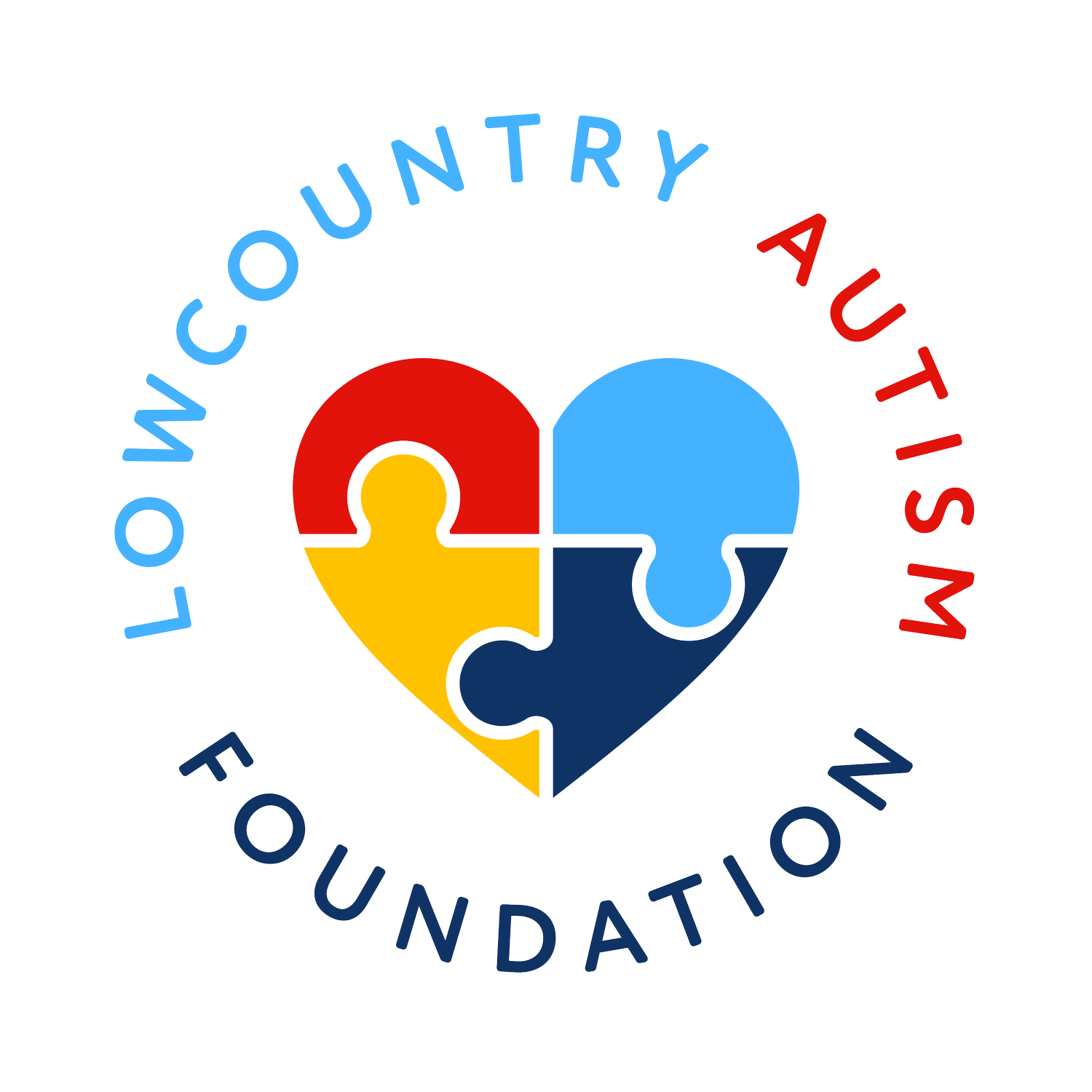About
Applied Behavioral Analysis Therapy
Whether you are trying to locate a behavior therapist through an early intervention provider, private provider or school system, it is important to find out about their educational background and work experiences with children with ASD. It is important to ensure your case will be supervised by a Board Certified Behavior Analyst (BCBA) with a certification through the Behavior Analyst Certification Board (BACB). Behavior therapists will likely implement a therapy called Applied Behavior Analysis (ABA). The goals of ABA are to increase positive behaviors, to teach new skills, to decrease undesired behaviors, and to help children to use these new skills at home, school, and other settings where they play and interact with other people. Visit https://www.bacb.com/services/o.php?page=101135 to find a BCBA in your area.
Speech and Language Pathology Therapy
Speech language pathologists (SLPs) are trained in the assessment, treatment and prevention of communication disorders. They typically assess and treat difficulties in language (receptive and expressive). SLP’s also assess and treat problems with spoken communication (articulation and fluency). Since communicating with words and gestures is typically hard for young children with ASD, SLPs are often crucial members of the intervention team. In addition to helping to develop practical communication skills and addressing speech difficulties, some SLPs also have training and experience in treating feeding deficits. This is very useful for children with ASDs who may be picky eaters or have difficulty tolerating certain food tastes or textures. For more information, see the American Speech and Hearing Association website at: www.asha.org.
Physical Therapy
Physical therapists (PTs) are trained to treat problems with movement and posture. In contrast to OTs, they tend to focus on developing gross motor skills (movements that involve the larger muscles of the arms and legs). PTs can help children with ASD who have difficulties with coordination, balance, or motor planning move about their environment and participate in play and recreational activities more effectively. For more information, see the American Physical Therapy Association website at: www.apta.org.
Occupational Therapy
Occupational therapists (OTs) typically focus on helping people develop fine motor skills (movements involving the smaller muscles of the arms, hands and face), process sensory information, and carry out daily living activities, such as eating, dressing, and grooming. For young children with ASD, OTs are often helpful in building their play skills, learning self-care skills, and coping with their sensory processing differences. For more information, see the American Occupational Therapy website at: www.aota.org.

